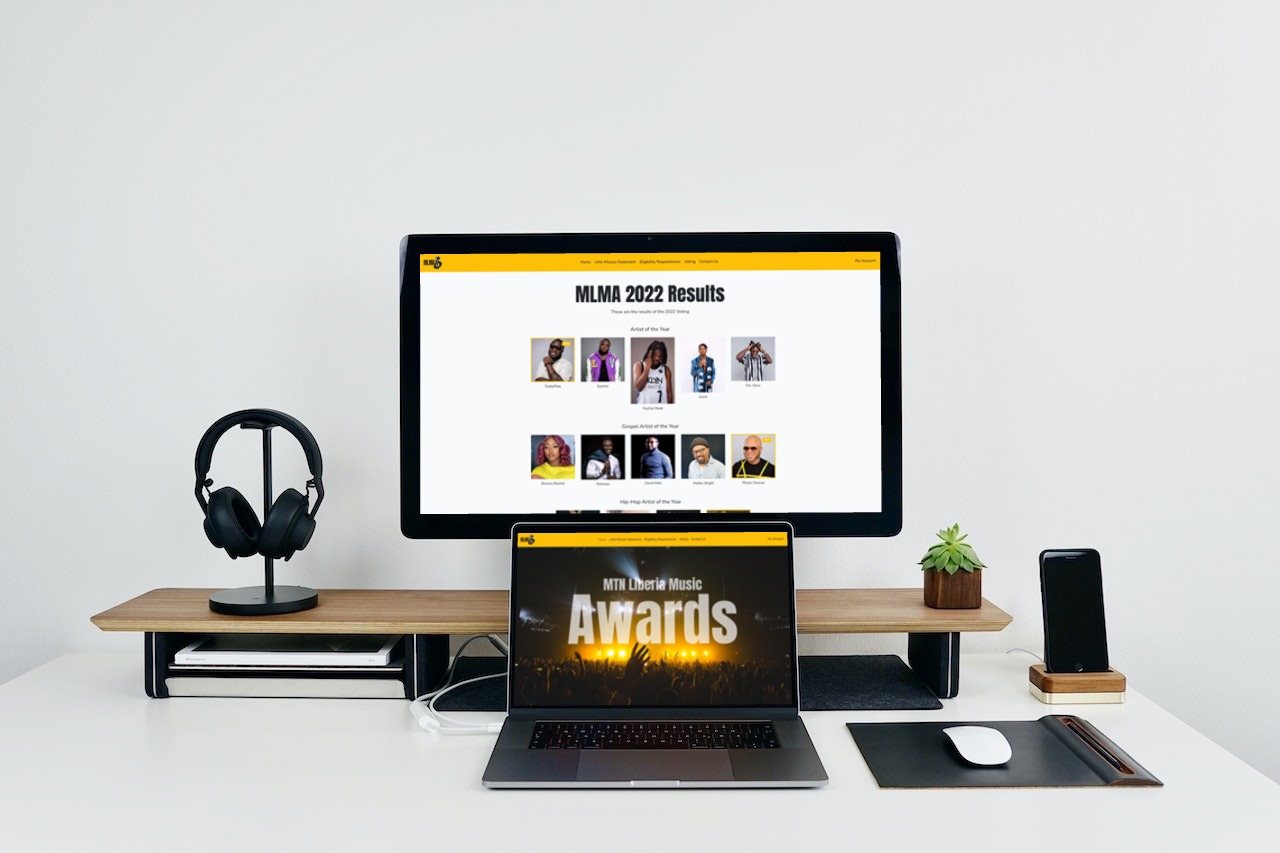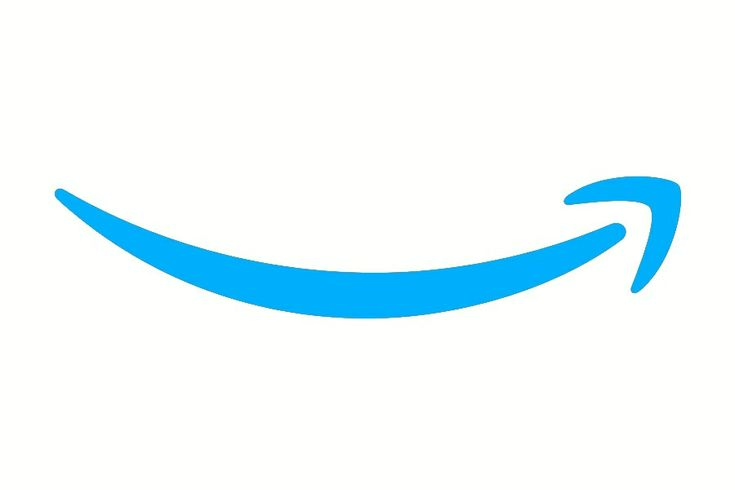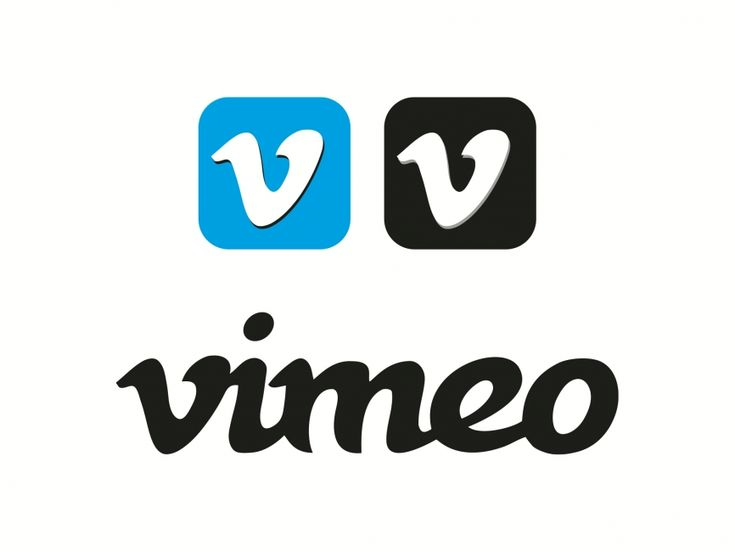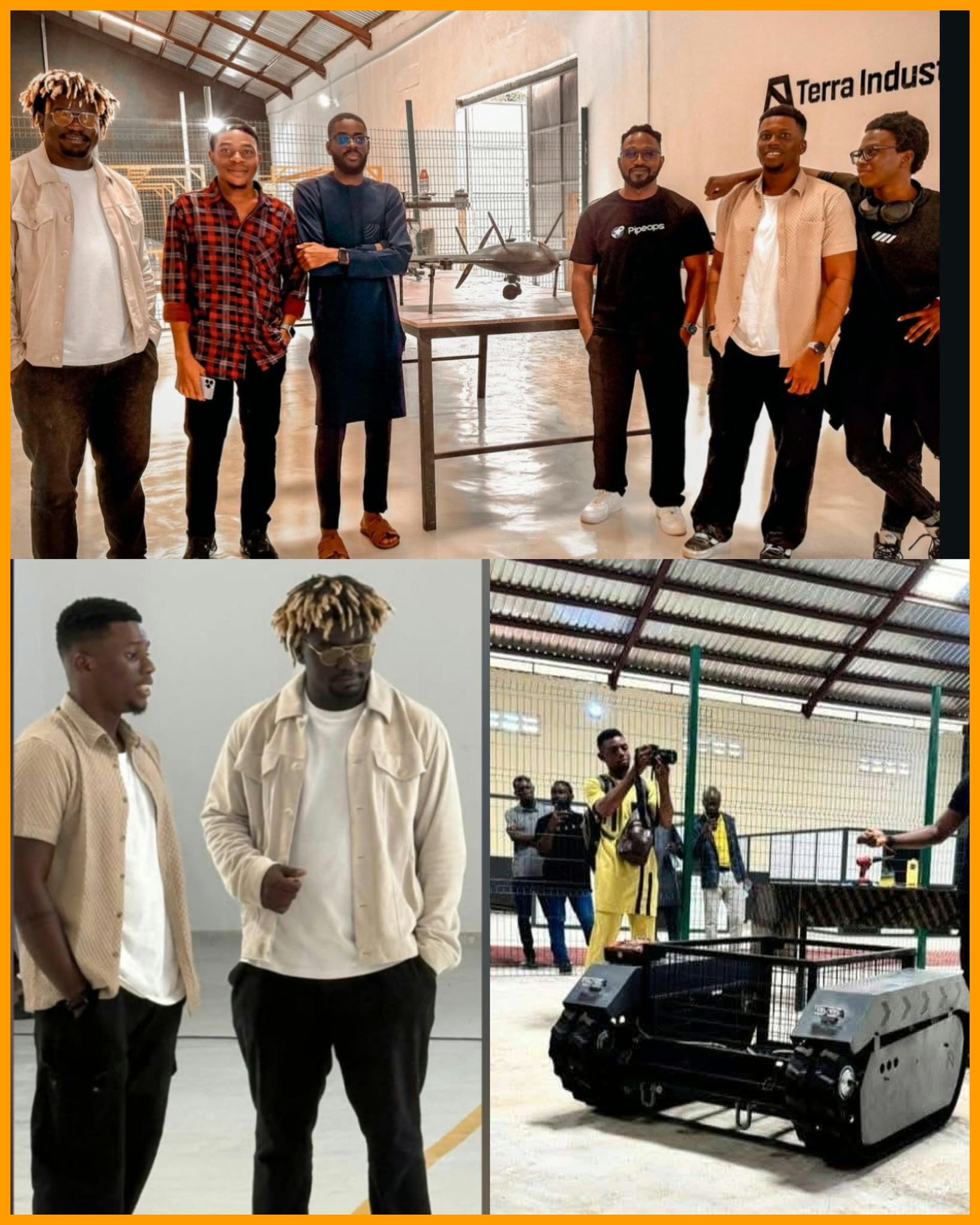When global fame meets AI drama, you get a courtroom thriller playing out in real life, and the stars aren’t staying silent.
Bollywood’s royal duo, Aishwarya Rai Bachchan and Abhishek Bachchan, have taken Google (via YouTube) to the Delhi High Court, and this isn’t your regular copyright battle. This is a war for identity in the age of artificial intelligence.
And trust us, the stakes are bigger than just Bollywood.
Deepfakes, AI Voices & Celebrity Clones: What’s Going On?
Here’s the tea: AI-generated videos are popping up online using the Bachchans’ faces, voices, and personalities, without permission. Think fake endorsements, altered clips, deepfakes, all the wild digital madness we’ve come to expect from unchecked AI. They’ve had enough.
So what did they do? Drop a 1,500-page lawsuit on Google’s doorstep with over 500 links to infringing content. They’re not just demanding take-downs; they’re asking the court to stop AI from ever being trained on their digital likeness again.
They’re also demanding ₹4 crore (over $450,000) in damages. And to be honest? They’re not wrong.
This Is Bigger Than Bollywood. This case is not just about two celebrities,
It’s about who owns your face, your voice, your identity in a world where AI can copy you in seconds. If it can happen to Aishwarya and Abhishek, some of the most recognizable faces in Asia, it can happen to any influencer, artist, or public figure across Africa and the world.
And in places like Nigeria, Kenya, South Africa, and beyond, where digital economies are rising fast, the lack of strong legal frameworks around AI means many creatives are wide open to exploitation
India, much like many African nations, doesn’t yet have clear laws protecting “personality rights,” meaning your right to control your image, voice, and likeness. It’s a legal grey area.
But courts are starting to wake up. Singer Asha Bhosle recently won a case against AI voice cloning. Now the Bachchans are pushing for stronger rules, not just to clean up YouTube, but to stop tech giants from profiting off unauthorized digital doubles.
What This Means for African Creators, Artists & Celebrities
Let’s break it down:
- a) Artists: That AI song that “sounds like you”? Yeah, it might go viral, but are you getting paid for it?
- b) Influencers: Your face could be selling crypto or snake oil on fake ads before you even blink.
- c) Celebrities: Deepfake drama? Fake porn? Digital scams? It’s not sci-fi anymore.
This case sets a precedent. If the Indian courts step in, it opens the door for African lawmakers and creatives to demand the same protections.
In Conclusion, The Digital Identity Revolution Has Begun
Whether you’re in Lagos or Johannesburg, Nairobi or Accra, here’s the bottom line: Your face, your voice, your story are YOURS, not some training data for an AI platform.
As the AI wave crashes across the globe, this Bollywood battle could spark a global movement for digital identity rights, and Africa needs to be at that table. Because if we don’t own our digital selves, someone else will.
Stay woke. Stay loud. And protect your digital self




